
Datos preliminares de una encuesta global con periodistas climáticos revelan que el 60% presenta síntomas de estrés psicológico. Mientras tanto, los periodistas afirmaron que las redacciones no ofrecen el apoyo adecuado.

Laren Aniceto acudió a terapia de pareja para intentar salvar su matrimonio. Acabó descubriendo que su psicoanalista había perdido la licencia médica y había sido acusada de manipular y estafar pacientes.
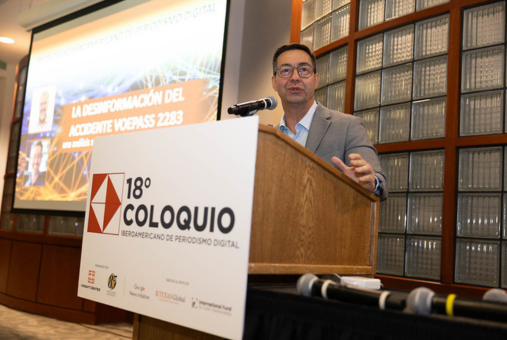
Académicos advierten que la libertad de prensa en América Latina se ve amenazada no solo por las dictaduras, sino también por gobiernos democráticos y el acaparamiento de medios. En el Coloquio Iberoamericano de Periodismo Digital, hicieron un llamado a respuestas innovadoras y colaborativas.
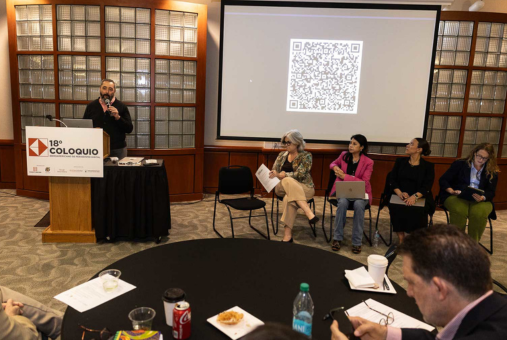
Un grupo de investigadores analizó los riesgos, la censura y las presiones que viven periodistas en 11 países de América Latina. En el Coloquio Iberoamericano de Periodismo Digital en Austin, compartieron datos clave sobre la situación en Costa Rica, El Salvador y México.
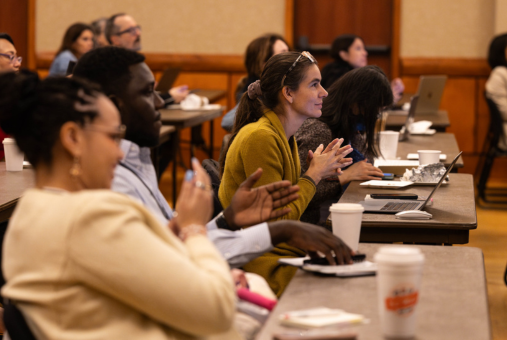
El fallecido Max McCombs, profesor de la Universidad de Texas en Austin, fue pionero de la teoría internacionalmente reconocida sobre el papel de los medios de comunicación en el establecimiento de agenda.

Más de la mitad de un grupo de periodistas colombianos encuestados considera abandonar la profesión por bajos salarios e inestabilidad laboral. La encuesta mostró también que los trabajadores de la prensa de ese país no ven en la sindicalización una vía para mejorar sus condiciones de trabajo.
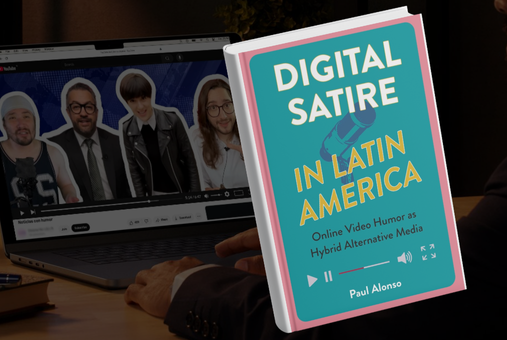
Programas de sátira en línea, como “El Pulso de la República” de México o “La Pulla” de Colombia, están logrando creciente visibilidad e impacto en el discurso público de sus países, al tiempo que llenan el vacío de crítica sociopolítica dejado por los medios tradicionales, de acuerdo con una investigación del periodista y académico peruano Paul Alonso.

Un análisis de la publicidad oficial en 11 países de la región muestra cómo los gobiernos hacen mal uso de los fondos, recompensando a los medios leales y poniendo en peligro a los independientes.

Al estilo de Trump y Bolsonaro, el nuevo presidente de Argentina, Javier Milei, es abiertamente hostil hacia la prensa. Desde que asumió el cargo, este discurso ha ido acompañado de medidas concretas, como la suspensión de la publicidad del Ejecutivo en los medios. LatAm Journalism Review entrevistó a Santiago Marino, destacado investigador argentino sobre políticas de comunicación, para entender la relación del Gobierno de Milei con el periodismo y las políticas públicas de comunicación en Argentina.
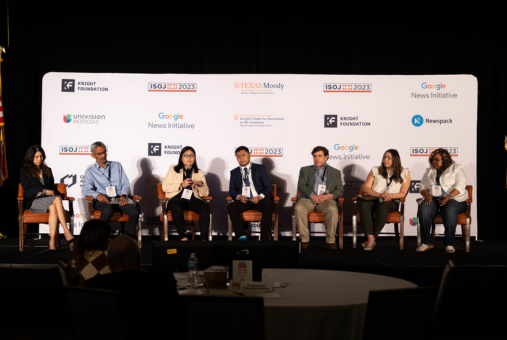
Cinco trabajos de investigación revisados por pares fueron seleccionados para la edición de la revista académica #ISOJ de primavera de 2023 y sus autores fueron invitados a presentar sus conclusiones en el 24º Simposio Internacional de Periodismo en Línea, celebrado el 14 de abril.
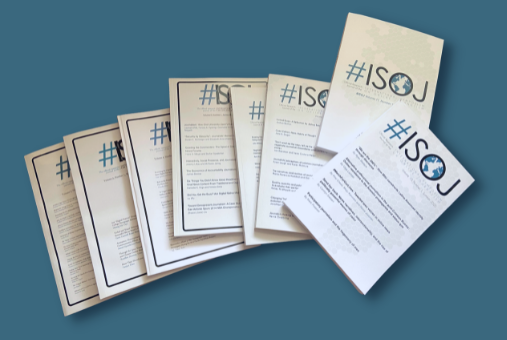
El Simposio Internacional de Periodismo Online (ISOJ, por sus siglas en inglés) lanzó oficialmente su convocatoria de para que investigaciones original sobre periodismo en línea sean consideradas para la conferencia de 2023 y el #ISOJ Journal.
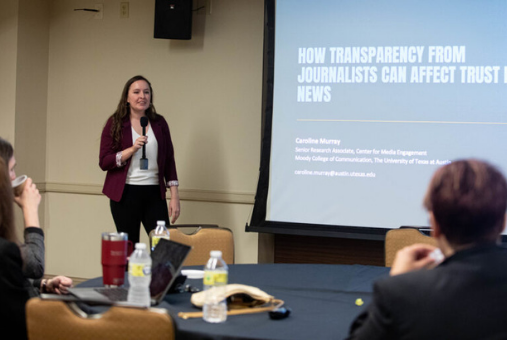
Integrantes del Center for Media Engagement (CME) de la Universidad de Texas en Austin presentaron su investigación sobre cómo conectarse mejor con las comunidades y promover la confianza con los consumidores de noticias durante un desayuno de investigación en el Simposio Internacional de Periodismo Online (ISOJ) de 2022.